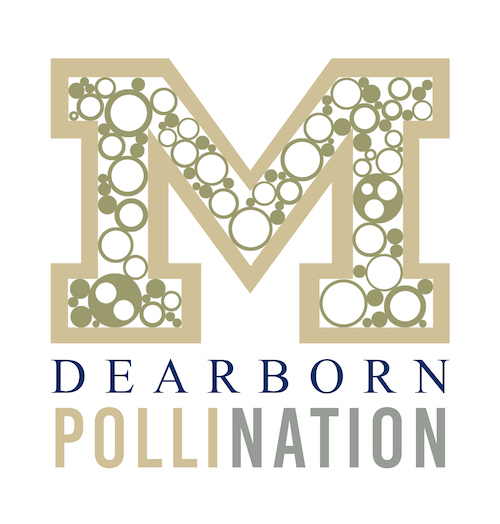PolliNation Project

Bees and other pollinators are disappearing around the globe. Major threats to pollinators include habitat loss and fragmentation, pollution and pesticides, and the spread of invasive species and diseases.
Over the past 70 years, the United States has experienced a dramatic decline in honey bee colonies from about 5.9 million in 1947 to just 2.7 million in 2017--a 55% reduction. A surveyor from Michigan State University found population numbers for half of Michigan’s bumblebee species have declined by 50% or more.
Pollinators, such as bees, birds, beetles, and butterflies, are vital organisms for pollination of wild plant species and crops, such as apples, blueberries, and almonds. In fact, it is estimated that one out of every three bites of food we eat and nearly 90% of Earth’s flowering plants depend on insect pollination. In the US alone, honeybees are responsible for pollinating $10 billion worth of crops annually.
The message is clear: we need to act. The PolliNation Project is a campus and community-wide initiative to build insect hotels in order to promote pollinator awareness and conservation.
We expect UM-Dearborn students working on this project to:
- share information about the benefits of and threats to pollinators
- identify the major types of native pollinators in SE Michigan, and the types of host and nectar plants that they need
- design, construct, and install nearly 200 insect hotels throughout the city of Dearborn, including at Dearborn Public Schools, community gardens, parks, and private residences
- offer insect hotel workshops to the public and project participants
UM-Dearborn students have already developed two smartphone apps to track the location of insect hotels (PolliNation Hotels) and which pollinators visit them (PolliNation ID). Data was collected from over 100 insect hotels during the 2021 and 2022 seasons!
In 2019, the University of Michigan-Dearborn became the first public university in Michigan to be recognized with Bee Campus USA certification for its education and conservation efforts with pollinators.

